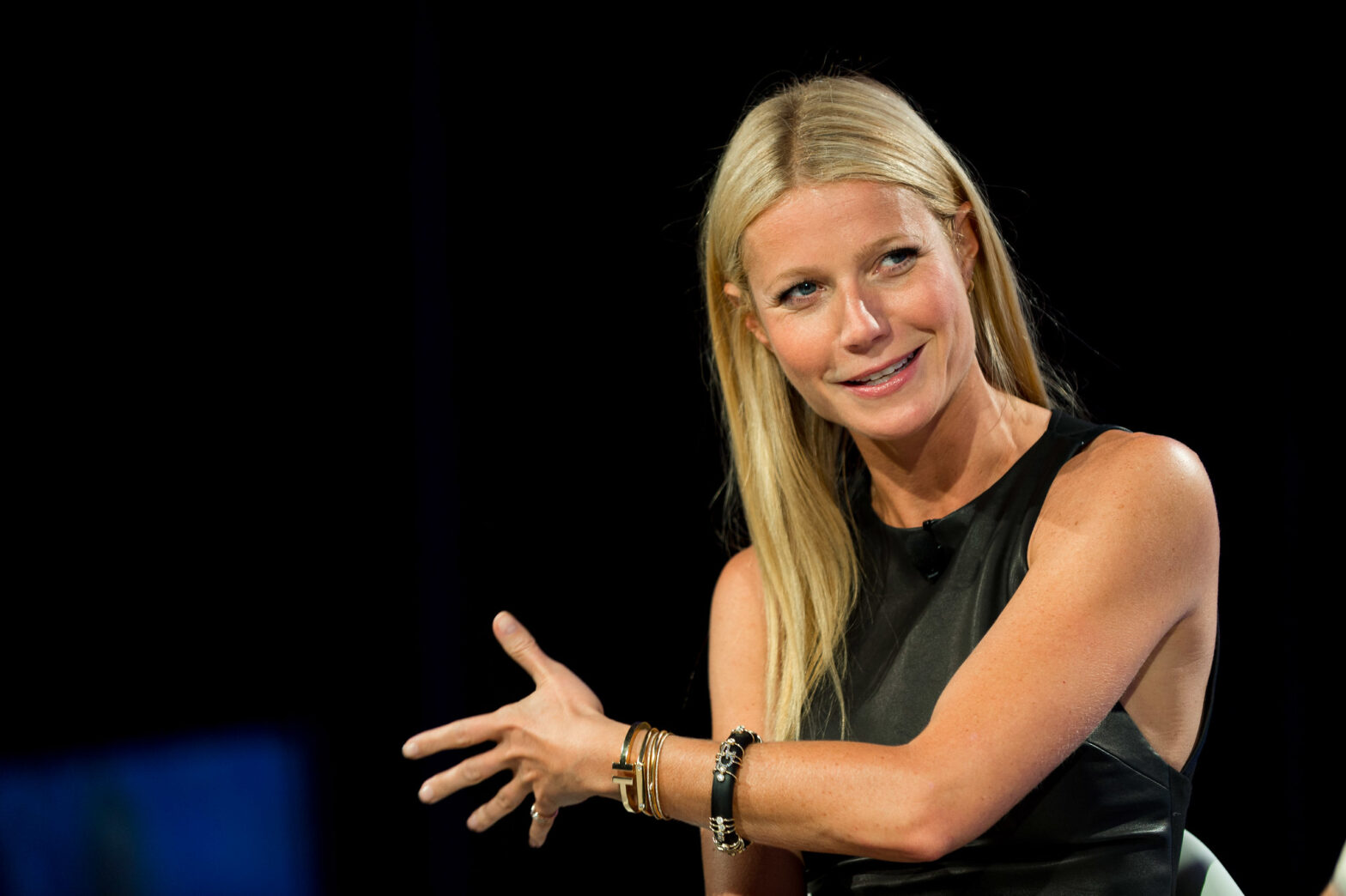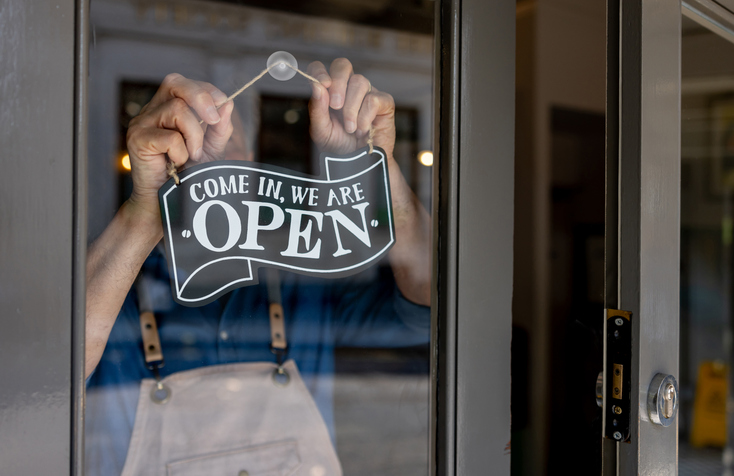Of all the Hollywood stars to launch their own businesses, Gwyneth Paltrow and her Goop wellness brand is perhaps the best known or maybe the most pilloried – having been accused of selling health aids of dubious scientific provenance. At one point in America, it seemed as if mocking Gwyneth Paltrow and Goop had turned into a new national sport.
Yet despite this, Gwyneth Paltrow had the canniness to create a brand which has tapped into the desire for simplicity and purity.
Like many other entrepreneurs Gwyneth Paltrow launched Goop from her kitchen table in September 2008 as a homemade weekly newsletter sharing wellness tips and new-age advice, such as “police your thoughts” and “eliminate white foods”.
According to Paltrow, the company got its name after somebody told her that successful internet companies had double O’s in their name, such as Google and Facebook, and she wanted a name “that means nothing and could mean anything”.
What Gwyneth Paltrow started as a new-age wellness newsletter for friends and fans turned into a full-blown website promoting alternative wellness products and wellness routines. By 2016 Goop had 60 employees and in 2018 the company raised $50m in Series C funding.
Like any other growth business, Goop has had its growing pains. According to Insider, over 140 employees have left since 2019, citing low pay, burnout and management issues.
And Goop has found itself both derided and on the wrong side of medical consensus after promoting controversial products or procedures such as vaginal steaming back in 2015, which gynaecologists warned could actually scold you (ouch!); a green jade egg for women to insert into their vaginas in 2017, which again gynaecologists warned could actually be dangerous and got the company fined for misleading marketing; and the much-derided “This Smells Like My Vagina” candle, which sold for $75 a pop.
However, despite the blown raspberries, Gwyneth Paltrow has built Goop into a business reportedly worth $250m by early 2020.




